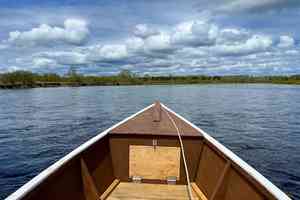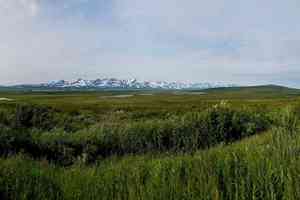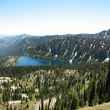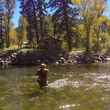Earlier this month, the Bureau of Land Management (BLM), released an updated draft of a proposed revision to rules that would govern hydraulic fracturing (also known as fracking) on federal public lands. The proposed rule updates have been criticized by many as insufficient, though some groups -- such as the Sportsmen for Responsible Energy Development coalition, -- have called the rules a "step forward" while acknowledging that more work needs to be done.
The SFRED stated that the "updated [rules] regulating hydraulic fracturing practices on federal public lands was welcomed ... [and] commended the Bureau of Land Management for moving forward with regulations that will improve transparency and the management of all fluids in the drilling process." According to the SFRED, the new rules would "update current regulations, which are more than 30 years old ... are outdated and do not address modern fracking activities, including their impacts on water quality and quantity."
Other groups, have been much more critical of the new rules, claiming they fail to meet even the most basic necessities for regulating fracking on public lands. The BLM has faced sharp criticism for failing to include pre-fracking chemical disclosure (the rules propose that operators can wait until after chemicals are injected into the ground before disclosing them), requiring only that some chemicals be disclosed while allowing operators to continue keeping 'trade secret' chemicals private, failing to ban dangerous fracking wastewater pits and failing to establish any guidelines preventing fracking in sensitive habitats or other natural areas.
The Sierra Club, in reponse to the newly proposed rules, released a statement in which it claims it is "alarmed and disappointed by the fundamental inadequacy of the Bureau of Land Management’s new proposed fracking regulations. After reviewing the draft rules, we believe the administration is putting the American public’s health and well-being at risk, while continuing to give polluters a free ride. The draft BLM rules ignore the recommendations of the president’s own shale gas advisory committee, which called for transparency, full public chemical disclosure, environmental safeguards, and pollution monitoring."
The Obama administration opened yesterday a public comment period allowing citizens to voice their opinions on the newly proposed BLM rules. The comment period closes on June 24, 2013.

































Comments